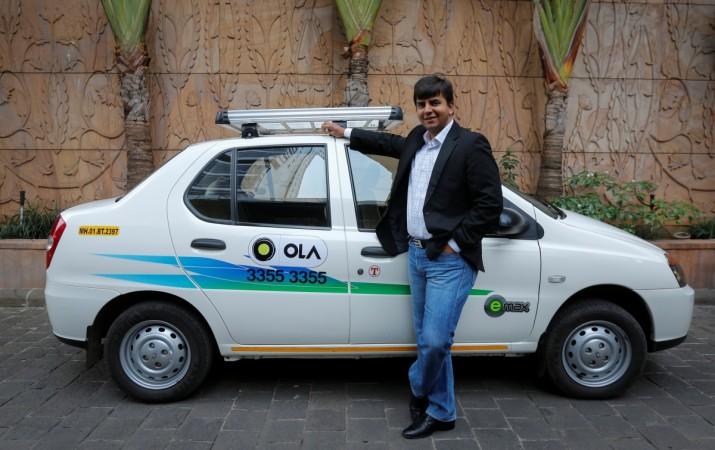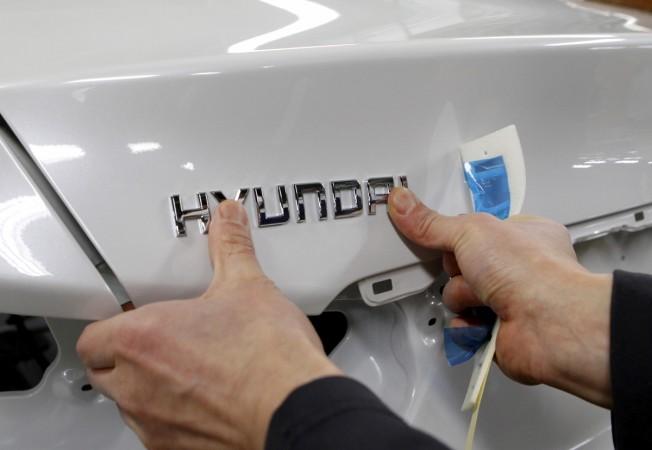
Korean automobile behemoth Hyundai is in advanced talks with taxi aggregator Ola to invest around $250 million. The Korean company is expected to pick up around 4 per cent stake in Ola. Ride-hailing Ola's valuation will go over $6 billion if the deal materializes. The Times of India has reported that talks are in the advanced stage and will be the first investment of such size by a leading automaker in one of India's biggest taxi-hailing services. In the past, auto manufacturing companies had invested in shared-mobility companies but the amount was meagre. Mahindra and Ford's have invested in self-ride company Zoomcar and Hero MotoCorp has also invested in Ather. The deal is expected to be finalized in the coming few weeks.
Ola is undergoing a fresh round of funding and has planned to raise over $400-500 million. Apart from Hyundai, which is participating in this round of capital infusion, Flipkart co-founder Sachin Bansal and Hong Kong-based hedge fund Steadview Capital have already committed to their investments. Additionally, with a corpus of $30-40 million Mirae Asset-Naver, Asia Growth Fund is also under discussion with Ola.

Hyundai Motors India spokesperson said, "Hyundai Motor is open to cooperation with various potential partners, but it is our policy not to comment on market speculation and rumours.'' Hyundai will push its vehicle including its upcoming electric car Kona EV to leasing unit Ola Fleet Technologies. With an eye on providing pollution-free cars, Hyundai is also planning to electrify some of its existing vehicles, that include mini cars such as Grand i10. As per the industry experts, between 7-8 lakhs car are operating on platforms like Ola and Uber.
Growth has slumped in recent times even after around 75,000-1,00,000 cars were leased by drivers and companies per year. But, Ola may not get into an exclusive arrangement with Hyundai; other companies such as Grab have secured investments from multiple auto manufacturers, including Toyota and Hyundai.
Ankur Pahwa, partner and national leader (e-commerce & consumer internet), EY India said, "A lot of car sales are going down because the shared economy is going up. While there will be growth in Ola, Uber or a Lyft, the reality is they (auto companies) still need to grow their sales. So car sales are moving from business to consumer (B2C) to business to business (B2B). They are basically putting it (investment in cab-aggregators) to have more preferred access to this market because growth is going to come from there."














